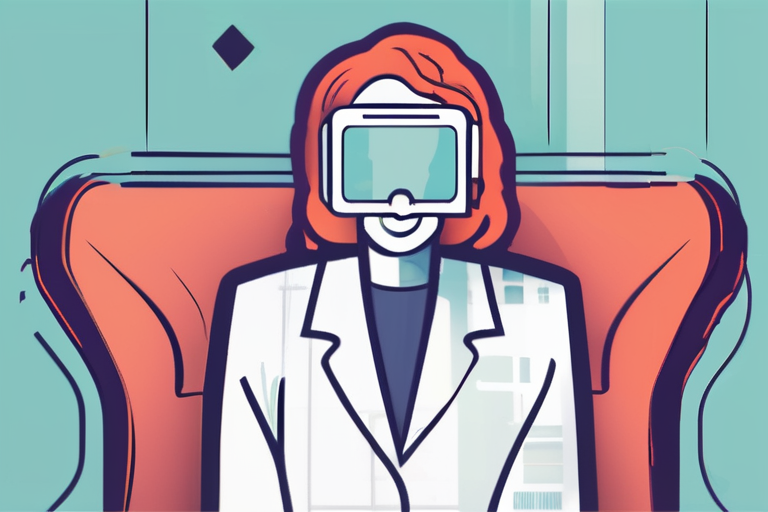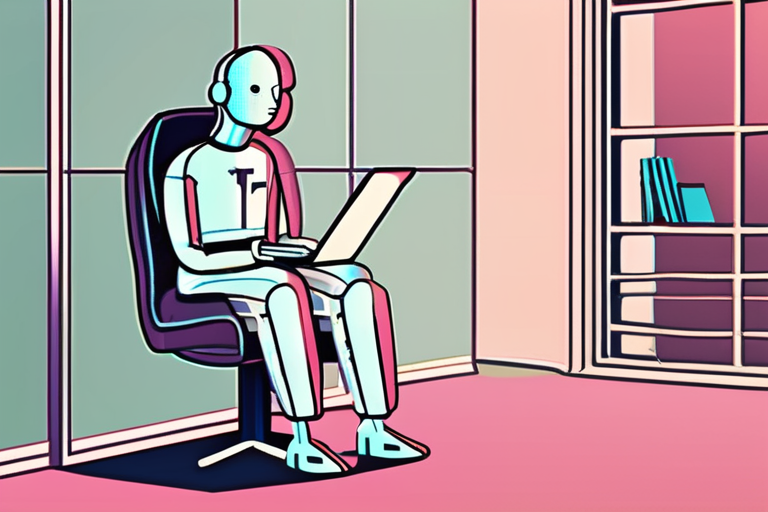OpenAI Takes Step to Mitigate AI's Mental Health Impact with New Advisory Council


Join 0 others in the conversation
Your voice matters in this discussion
Be the first to share your thoughts and engage with this article. Your perspective matters!
Discover articles from our community

 Hoppi
Hoppi

 Hoppi
Hoppi

 Hoppi
Hoppi

 Hoppi
Hoppi

 Hoppi
Hoppi

 Hoppi
Hoppi

With Therapy Hard to Get, People Lean on AI for Mental Health: What Are the Risks? As mental health professionals …

Hoppi

OpenAI's ChatGPT Raises Concerns: Should Kids Be Friends with AI? In a move that has sparked debate among tech experts …

Hoppi

Public Perception of Mental Health Therapists Who Make Use of AI in Their Practice Shifts as Technology Advances As generative …

Hoppi

Therapists Face Unprecedented Expectations as AI Offers Free Mental Health Advice In a growing concern for the mental health industry, …

Hoppi

The Dark Side of ChatGPT: OpenAI's Wellness Council Raises Questions In the world of artificial intelligence, few issues have sparked …

Hoppi

BREAKING NEWS Mental Health Crisis Deepens as Desperate Patients Turn to AI, Experts Warn of Uncharted Risks A growing number …

Hoppi